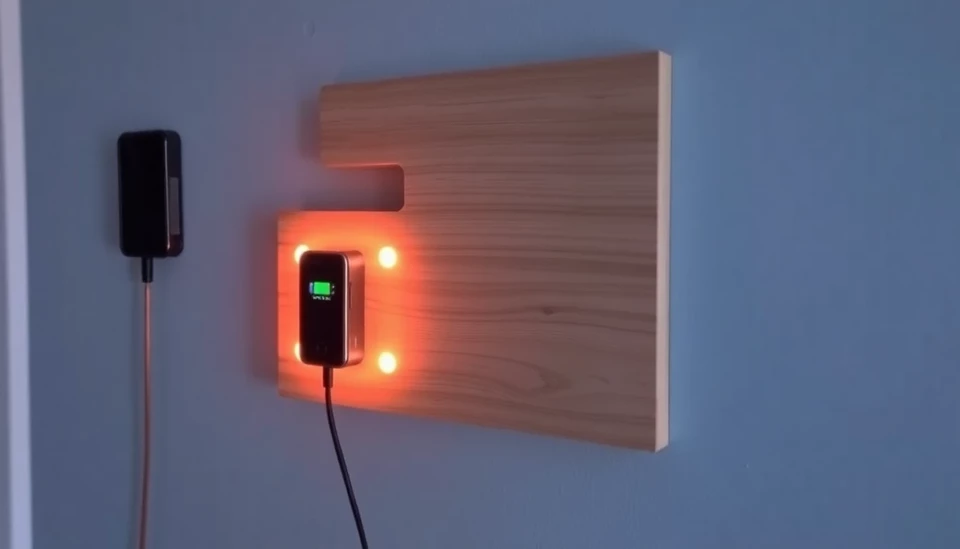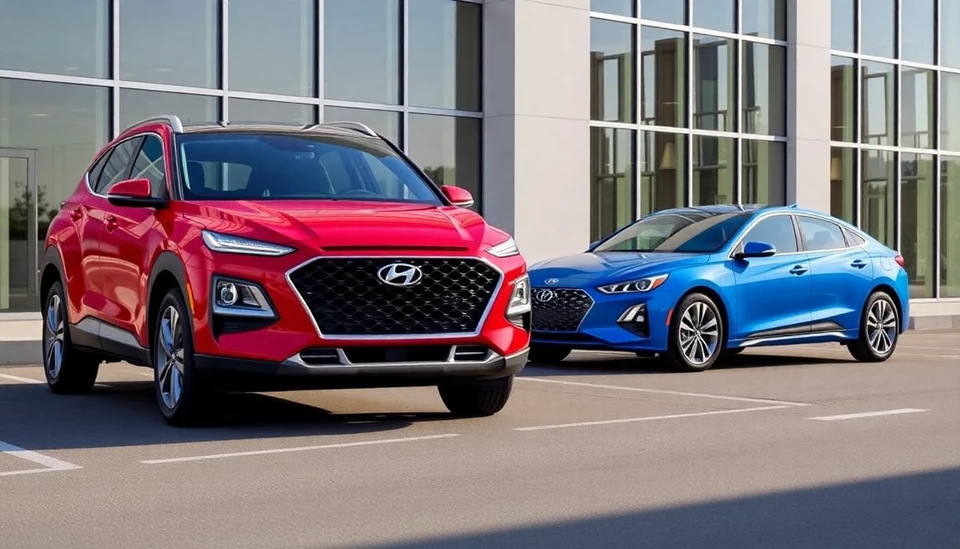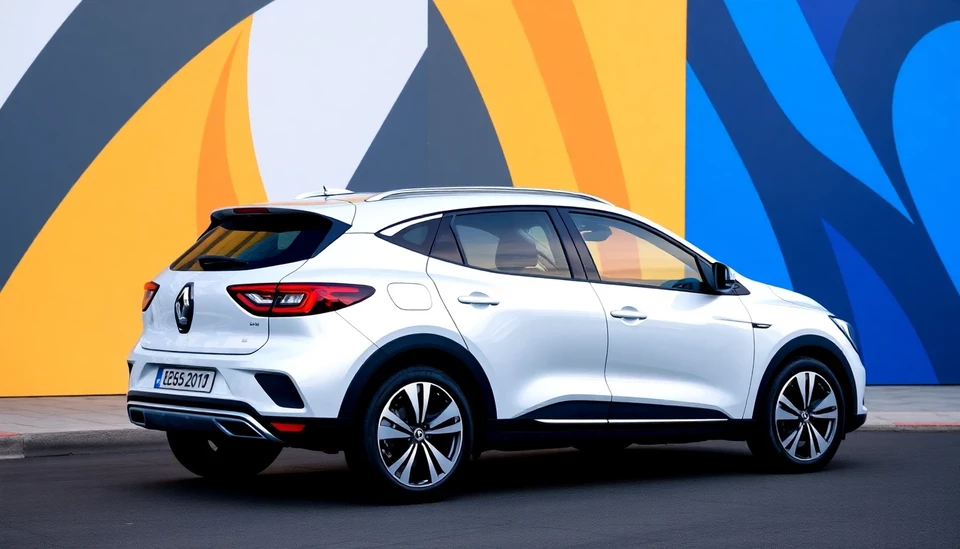
In an innovative shift towards sustainable living, a growing number of homeowners are taking matters into their own hands by setting up DIY electric vehicle (EV) charging stations. As electric vehicles gain popularity, the need for convenient and accessible charging solutions has surged, prompting many to explore personalized options right in their garages and driveways.
The rise of commercially available electric vehicles, alongside the shifting consumer mindset towards eco-friendliness, has led to this burgeoning trend. Homeowners, from tech enthusiasts to budget-conscious individuals, are crafting their own charging stations, capitalizing on reduced installation costs and increasing the comfort of charging their vehicles at home.
One of the major factors fueling this DIY movement is the skyrocketing sales of electric vehicles. According to recent data, electric vehicle sales reached record highs, with many prospective buyers motivated by environmental concerns, as well as potential savings on fuel. However, the availability of public charging stations remains a significant hurdle for some, making DIY home installations an appealing alternative.
Many early adopters of electric vehicles find themselves frustrated by long waiting times at public charging locations or unsuitable charging infrastructure. As a response, they are turning to DIY solutions that provide the convenience of charging at their own pace and convenience. These individuals are utilizing online resources, including videos and tutorials, to guide their installations, resulting in charging stations that fit their specific needs and home environments.
Reports indicate that DIY charging stations are not only popping up in urban areas but also in suburban and rural settings, where the lack of public charging infrastructure has been more pronounced. Some homeowners have successfully integrated solar panels into their charging setups, generating their own electricity to power their vehicles. This sustainable approach not only benefits the environment but also allows owners to save on energy costs in the long run.
The enthusiasm for these homemade stations extends to various communities. Online forums and social media groups have become popular venues for exchanging tips, designs, and troubleshooting advice. These platforms foster a sense of community and collaboration among DIY enthusiasts, who often share their successes and challenges in setting up their charging stations.
As the trend continues to gain traction, manufacturers are taking notice, with some companies planning to launch kits that simplify the installation process for those interested in building their own charging stations. These kits are expected to feature reliable components and straightforward instructions, further encouraging the DIY ethos.
Furthermore, as electric vehicle popularity grows, the electric grid's demands will inevitably adjust, creating opportunities for home-based charging stations to play a significant role in energy consumption patterns. With more people generating their own electricity and charging their vehicles at home, there could be lasting effects on local energy resources and distribution systems.
Ultimately, the movement towards DIY charging stations reflects a larger societal shift towards individual ownership of energy solutions, emphasizing autonomy and sustainability for homeowners eager to embrace the electric future. As this trend continues to evolve, it stands to reshape not only how people power their vehicles but also how they interact with energy consumption at home.
As the world marches towards a greener future with electric vehicles leading the charge, the rise of DIY charging stations showcases the creative solutions that homeowners are implementing to facilitate this shift and take control of their energy needs.
#ElectricVehicles #DiyChargingStations #SustainableLiving #EcoFriendly #Innovation #HomeSolutions
Author: Peter Collins




